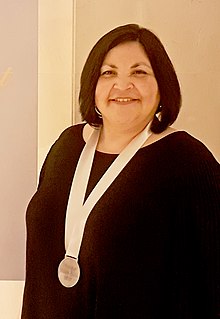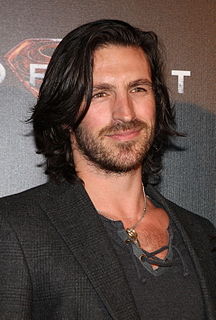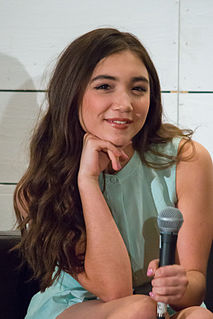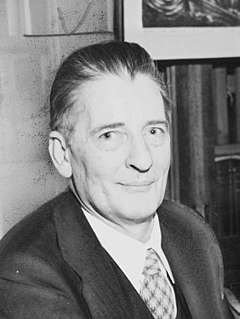A Quote by Greta Gerwig
When I read 'Greenberg,' I had a really strong sense if I could be any kind of writer I wanted to be, I'd be this kind of writer. And I felt like, even in my experiences, what writing I had done, even on a small scale, when it was good, it shared some quality with it.
Related Quotes
I've never had a mentor personally of any kind. It feels like, generally, in the writing world or the art world, it's more of a thing in America, because you have writing programs, which we don't have. You have these amazing writers who are teachers. I never did a writing program so I never met a writer until I was published. I guess I can't really explain my compulsion for writing these kind of mentor characters.
Obviously I've been reading Kafka for a long long time, since I was really young, and even before I ever read him I knew who he was. I had this weird sense that he was some kind of family. Like Uncle Kafka. Now I really think of him that way, the way we think about an uncle who opened up some path for being in a family that otherwise wouldn't have existed. I think of him that way as a writer and a familial figure.
Walt had a seat-of-the-pants approach on what he wanted musically. We kind of 'read' the boss and had a very high batting average, but there were occasions when he felt we had just written the wrong piece for the situation he wanted. We invariably listened to what he wanted - he was very descriptive in what he wanted and we could read him. We'd go back to the drawing board and work out what he wanted. He was a great inspiration, but a tough taskmaster.
The Catcher in the Rye had such a deep impact on me, because it felt like it was just Holden and me. I didn't feel like any other person had read that book. It felt like my secret. Writing that I identify with feels like it's just me and the writer. So I hope that whoever is reading what I do feels like that.
Anybody can find out if he is a writer. If he were a writer, when he tried to write of some particular day, he would find in the effort that he could recall exactly how the light fell and how the temperature felt, and all the quality of it. Most people cannot do it. If they can do it, they may never be successful in a pecuniary sense, but that ability is at the bottom of writing, I am sure.
I can write any kind of novel I want, any time, and sell it, but there's not that many people watching it. Even a low-rated TV show is a couple million more people than read my books. You want to be read, in essence. If you're a television writer, you're a writer and you want people to read your stuff. You're still reaching a bigger audience, that way. That's a philosophical way to look at it.
I always wished I could go to confession. I was so full of things I couldn't name and had an instinct to hide. I felt burdened by the loneliness of my interior life. I wanted some container that I could empty myself into, some ear that would never be shocked, even if it offered me some kind of penance.




































